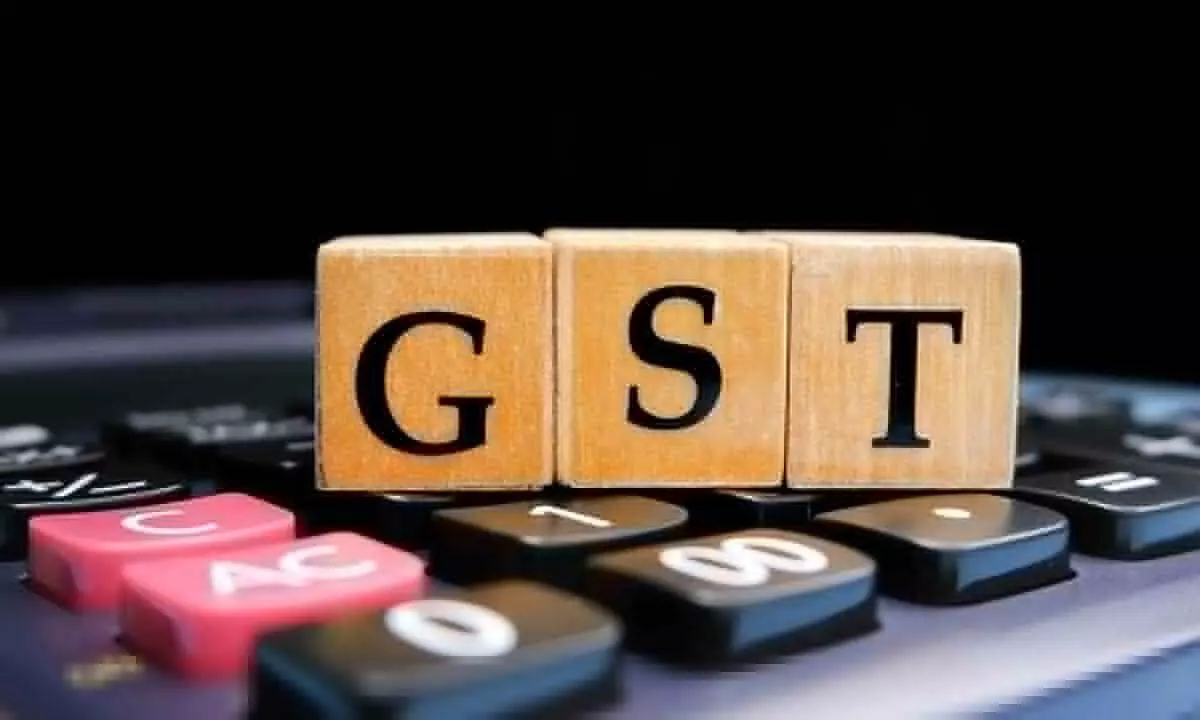Centre includes GSTN under PMLA, allows data sharing with ED, FIU
The Indian government has expanded the scope of the Prevention of Money Laundering Act (PMLA) by including the Goods and Services Tax Network (GSTN) through a recent notification. This means that the GSTN, which manages the GST portal, is now obligated to share information with the Enforcement Directorate (ED) and the Financial Intelligence Unit (FIU) under the provisions of the PMLA Act. The inclusion of the GSTN in this regulatory framework has been made possible through Section 66 of the PMLA, which deals with the disclosure of information.
image for illustrative purpose

The Indian government has expanded the scope of the Prevention of Money Laundering Act (PMLA) by including the Goods and Services Tax Network (GSTN) through a recent notification. This means that the GSTN, which manages the GST portal, is now obligated to share information with the Enforcement Directorate (ED) and the Financial Intelligence Unit (FIU) under the provisions of the PMLA Act. The inclusion of the GSTN in this regulatory framework has been made possible through Section 66 of the PMLA, which deals with the disclosure of information.
Under the new notification, if the FIU and the ED detect any suspicious foreign exchange transactions involving a GST taxpayer, they are required to share this information with the GSTN. Additionally, GST-related offenses such as fraudulent claims of input tax credits and issuance of fake invoices will now fall under the purview of the Prevention of Money Laundering Act.
The Goods and Services Tax Network (GSTN) is an information technology system that plays a crucial role in managing the GST portal. The government collaborates with private entities to effectively monitor domestic financial activities through the GSTN infrastructure. The portal facilitates various functions, including taxpayer registration, forwarding returns to relevant authorities, computing and settling Integrated Goods and Services Tax (IGST), matching tax payment details with the banking network, and providing taxpayer analysis and invoice matching services.
Apart from the ED and the FIU, several other regulatory bodies are also required to share information under the PMLA, including the Competition Commission of India, Reserve Bank of India, Securities and Exchange Board of India, Insurance Regulatory and Development Authority of India, Serious Fraud Investigation Office, and Director General of Foreign Trade. This list is periodically updated to ensure effective collaboration between these entities.
The Prevention of Money Laundering Act (PMLA) was enacted to combat activities such as terrorist financing and drug trafficking. In addition to information sharing, the PMLA Act also empowers authorities to confiscate properties derived from or involved in money laundering.
By including the GSTN within the ambit of the PMLA, the Indian government aims to enhance its regulatory framework and strengthen efforts to combat financial crimes. The integration of the GSTN into the prevention of money laundering efforts aligns with the government's commitment to ensuring the integrity and transparency of the taxation system and financial transactions in the country.

